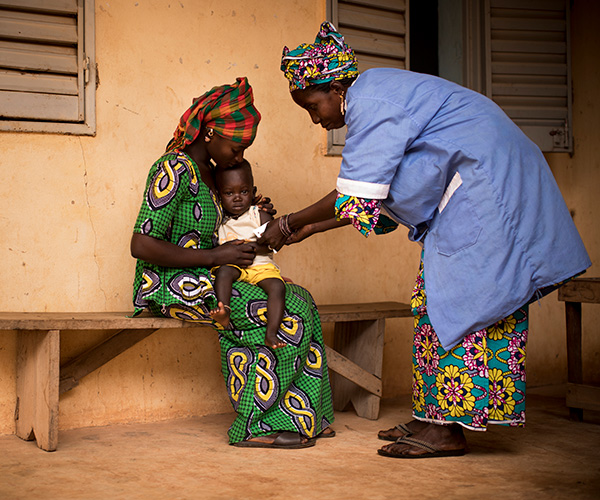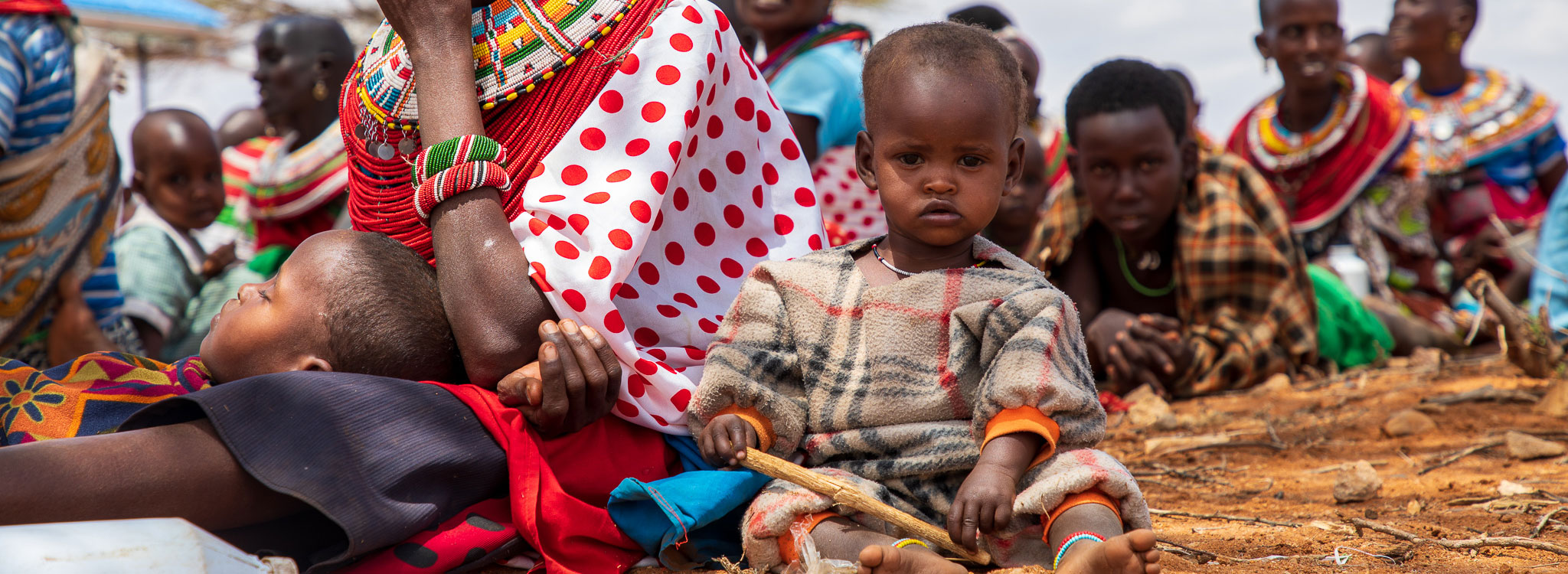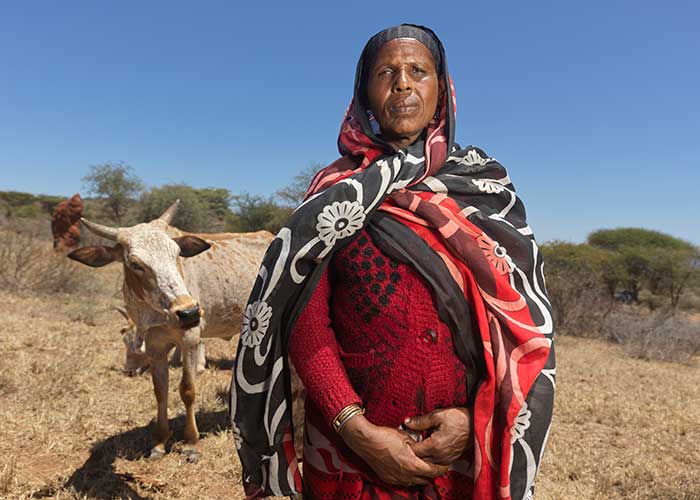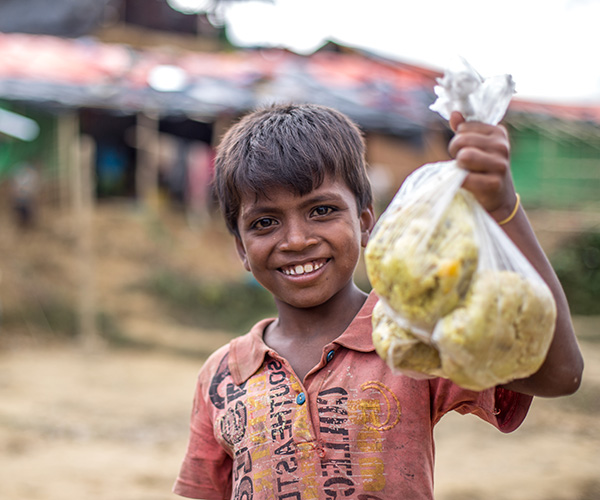About us

We’re building a world where no one dies from hunger and malnutrition.

Families in East Africa are facing devastating hunger.
With the worst drought in 40 years and escalating food prices as a result of the war in Ukraine, there’s a looming hunger crisis. Millions of children are at risk of severe hunger.
We work across East Africa, but we don’t have the funding we need to cope with the scale of this crisis. We need your help to do more.
Right now, families in East Africa are facing unprecedented levels of hunger and malnutrition. The rates of life-threatening hunger are staggering.
Just a few months ago, in Somalia, Kenya and Ethiopia roughly 23 million people didn’t have enough food to eat. But now 50 million people across East Africa are being pushed towards starvation.
Harvests are failing and livestock are dying, so there’s less food available. And the food that’s available is getting more and more expensive – meaning the most vulnerable families can’t get the basics they need to survive.
Despite all of this, we know that hunger is preventable.
Donate to help East Africa now
Around 4.9 million children in Ethiopia, Kenya and Somalia are severely malnourished.
36.1 million people will be affected by severe drought across the Horn of Africa this October.
Almost one million pregnant women and breastfeeding mothers are severely malnourished.
We’re working across East Africa to fight hunger and malnutrition.
In the face of this extreme crisis, we don’t have the funding we need. But with your support, we can save lives.
Your donation could help us to prevent the crisis from escalating – and provide urgent treatment for those who are facing famine in East Africa and around the world.
Your donation will be used wherever the need is greatest.
Donate now

Prolonged droughts and skyrocketing food prices are causing a hunger crisis.

We’re building a world where no one dies from hunger and malnutrition.

Thanks to your support, our programmes reach 24.5 million people globally.

At all times, our aim is to save the lives of vulnerable people affected by hunger.